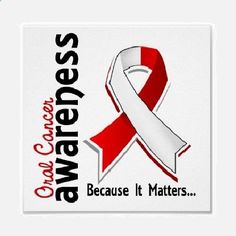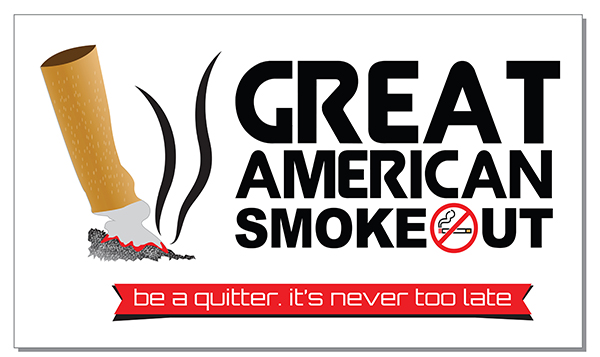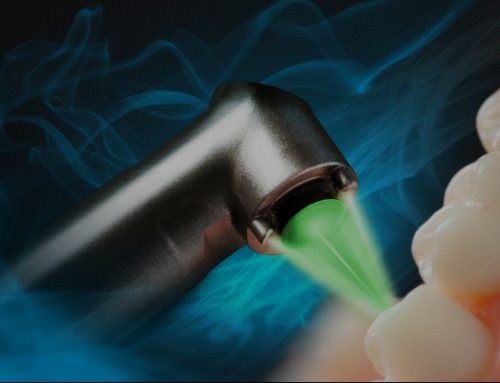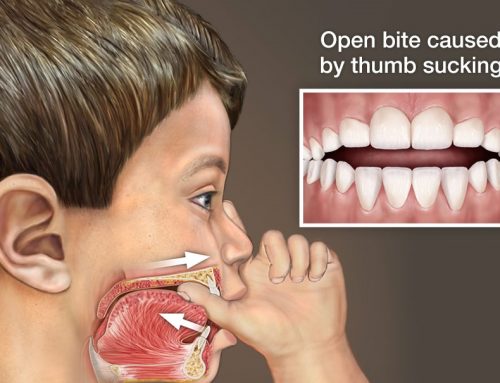Cancer is a word that holds a lot of power. This one word can literally and figuratively take your breath away. Cancer, whether it is in the mouth or anywhere else in the body, is life changing. A patient’s tomorrow, next week, next month and next year will look very different with this single diagnosis.
Statistics
In the United States alone, the American Cancer Society projects that 49,670 patients will develop oral or oropharyngeal (related to the mouth and pharynx) cancer in 2017. Oral cancer is two times more common in men than in women. The average age of diagnosis is 62 years, however, 25% of oral cancers are found in individuals under age 55. Recently, the number of cases of oropharyngeal cancer linked to Human Papilloma Virus 16 (HPV16) infection in women has risen.
Risk Factors for Oral Cancer
 Tobacco use is the single largest risk factor for oral cancer accounting for 85% of oral cancers. This includes all forms of tobacco: snuff, chewing tobacco, cigarettes, pipes, cigars, and e-cigarettes. Regular alcohol consumption is also a significant risk factor for oral cancer. When smoking and tobacco are combined, the risk of oral cancer is even higher according to the National Institute of Health.
Tobacco use is the single largest risk factor for oral cancer accounting for 85% of oral cancers. This includes all forms of tobacco: snuff, chewing tobacco, cigarettes, pipes, cigars, and e-cigarettes. Regular alcohol consumption is also a significant risk factor for oral cancer. When smoking and tobacco are combined, the risk of oral cancer is even higher according to the National Institute of Health.
Additional risk factors for oral cancer include age, poor nutrition, genetics, and sun exposure (to the lips). However, cancer does not follow any set of rules. The American Cancer Association states “No one knows the exact cause of cancer.” Each person can, however, make lifestyle changes to minimize their risk of an oral cancer diagnosis.
Oral Cancer Prevention
One of the simplest ways to prevent oral cancer is to limit the use of tobacco and alcohol – especially together. Making this type of change is clearly easier said than done for many individuals. We highly encourage patients to seek the help of their medical doctor if they are considering quitting tobacco use. There are many chewing tobacco and nicotine replacement options available. If you have tried many times to quit before and have been unsuccessful, we implore you to not give up. Additionally, other support groups and organizations (like Alcoholics Anonymous) exist to help empower people to make positive changes.
To reduce the risk of oropharyngeal cancer from HPV16, the Centers for Disease Control (CDC) recommends all preteen girls and boys receive the Human Papilloma Virus vaccine. The simplest way to avoid contracting HPV is to limit sexual partners.
“It is the foundation’s belief, based on recent revelations in peer reviewed published data in the last few years, that in people under the age of 50, HPV16 may even be replacing tobacco as the primary causative agent in the initiation of the disease process.” https://oralcancerfoundation.org/facts/
Early Detection
Oral cancer is painless and may not be easily identified in some cases. Therefore, early detection is fundamental to early treatment. We encourage you to be proactive to look at your own mouth. If you have any sores or discolored areas in your mouth that does not heal within 14 days, please seek care from a dentist or physician.
Contact Us
Drs. Eric and Robin Hogan recommend a biannual or annual exam to evaluate for oral cancer, depending on your personal risk factors. We understand that not everyone enjoys going to the dentist. However, if you have risk factors for oral cancer and would like an oral evaluation, please call us at (406) 234-2926.






